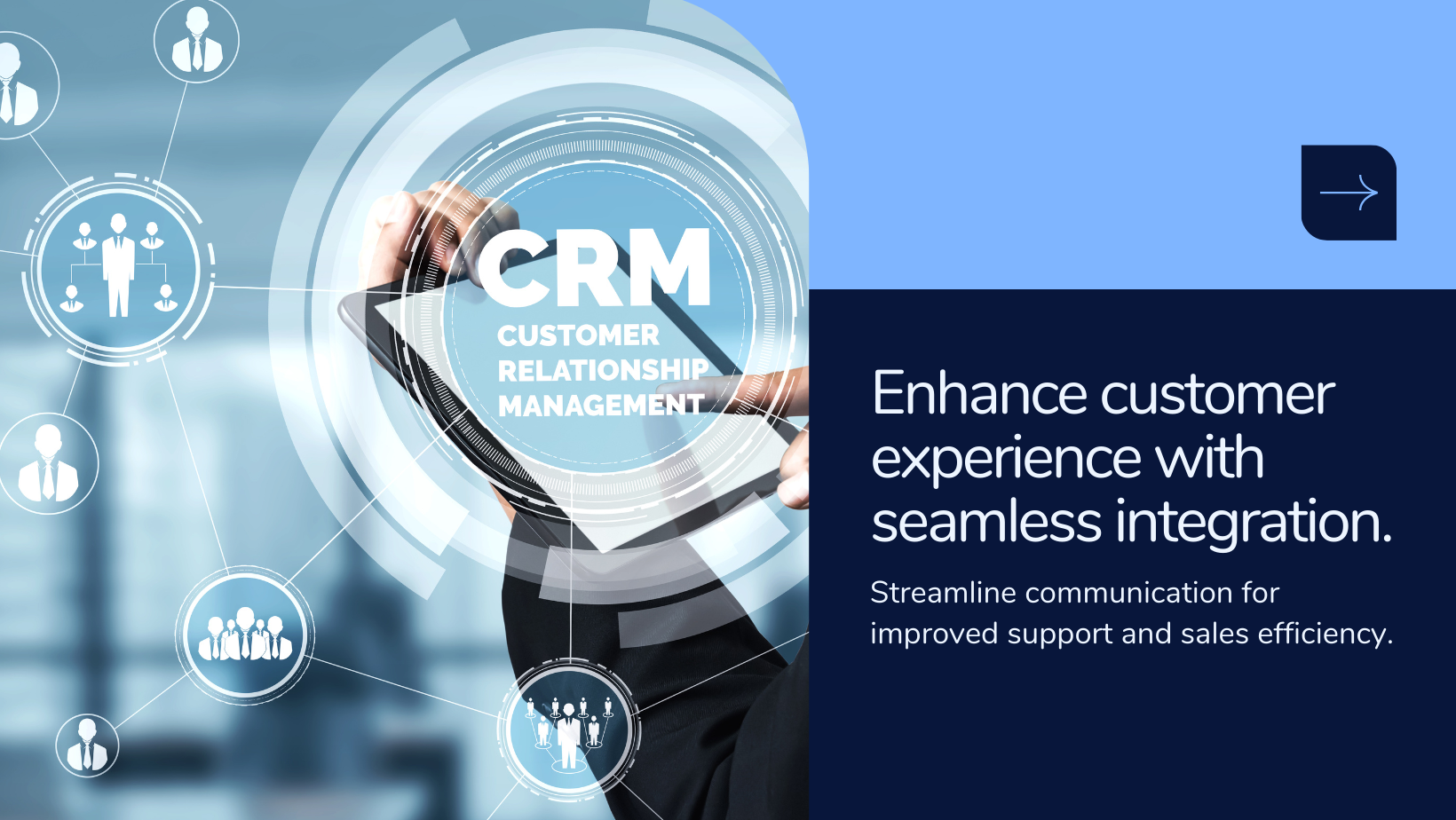Real-Life Case Studies of D2C Brands in India Maximizing Marketing ROI and Boosting Product Profit.

In today's highly competitive business landscape, direct-to-consumer (D2C) brands in India are continually seeking innovative ways to gain a competitive edge. One such approach that has proven to be immensely effective is the utilization of data science to optimize marketing and advertising efforts. By leveraging data-driven insights, these brands have been able to maximize their marketing and advertising spend, increase product-level profit, and drive business growth. In this blog post, we will delve into compelling case studies of D2C brands in India that have successfully employed data science to achieve remarkable results. From understanding customer behavior to implementing targeted marketing strategies, these brands have harnessed the power of data to transform their operations and elevate their success.
Table of Contents:
- Introduction
- Case Study 1: Brand X
- Overview
- Challenges Faced
- Data Science Solutions Implemented
- Results and Impact
3. Case Study 2: Brand Y
- Overview
- Challenges Faced
- Data Science Solutions Implemented
- Results and Impact
4. Case Study 3: Brand Z
- Overview
- Challenges Faced
- Data Science Solutions Implemented
- Results and Impact
Conclusion
Case Study 1: Brand X
Overview: In this case study, we will explore how Brand X, a leading D2C brand in India, leveraged data science to optimize its marketing and advertising spend and increase product-level profit.
Challenges Faced: Brand X faced the challenge of allocating their marketing budget effectively, as they wanted to maximize their return on investment (ROI) and reach their target audience with precision. They needed a data-driven approach to identify the most lucrative marketing channels and strategies.

Data Science Solutions Implemented: To tackle these challenges, Brand X implemented advanced data science techniques such as predictive analytics, machine learning, and customer segmentation. They collected and analyzed vast amounts of customer data to gain insights into their preferences, behavior, and purchase patterns.
Results and Impact: By harnessing the power of data science, Brand X was able to optimize their marketing and advertising spend. They identified the most effective marketing channels and strategies, resulting in higher customer engagement and conversion rates. As a result, their product-level profit increased significantly, driving overall business growth.
Case Study 2: Brand Y
Overview: In this case study, we will delve into the success story of Brand Y, a prominent D2C brand in India that utilized data science to transform its marketing and advertising approach.
Challenges Faced: Brand Y faced the challenge of targeting the right audience with personalized marketing messages. They wanted to deliver tailored experiences to their customers and enhance their brand loyalty. However, they lacked the necessary insights into customer preferences and behavior.

Data Science Solutions Implemented: To address these challenges, Brand Y implemented advanced data science techniques such as customer segmentation, sentiment analysis, and recommendation systems. They leveraged the power of big data analytics to understand their customers' needs and preferences better.
Results and Impact: Through the strategic implementation of data science, Brand Y was able to create personalized marketing campaigns that resonated with its target audience. By delivering relevant and timely messages, they achieved higher customer engagement, increased customer satisfaction, and ultimately, improved product-level profit.
Case Study 3: Brand Z
Overview: In this case study, we will examine the success of Brand Z, a D2C brand that utilized data science to optimize its marketing and advertising efforts and achieve remarkable business growth.
Challenges Faced: Brand Z faced the challenge of understanding customer behavior and preferences in a rapidly changing market. They needed actionable insights to make informed marketing decisions and stay ahead of the competition.
Data Science Solutions Implemented: To overcome these challenges, Brand Z adopted data science techniques such as customer journey mapping, predictive modeling, and data visualization. They collected and analyzed data from various sources, including social media, website analytics, and customer surveys.
Results and Impact: By leveraging data science, Brand Z gained a comprehensive understanding of customer behavior and preferences. They were able to tailor their marketing strategies accordingly, resulting in improved customer acquisition, retention, and product-level profit. The application of data science also enabled them to identify new market opportunities and stay agile in their decision-making processes.

Conclusion:
The case studies of D2C brands in India highlighted in this blog post demonstrate the immense value of using data science to optimize marketing and advertising spend and increase product-level profit. By harnessing the power of data-driven insights, these brands were able to understand customer behavior, target their audience more effectively, and drive business growth. Through techniques such as customer segmentation, predictive analytics, and personalized marketing campaigns, these brands achieved remarkable results. As the landscape of data science continues to evolve, it presents exciting opportunities for D2C brands in India to unlock their full potential and stay ahead of the competition. By embracing data science and incorporating it into their marketing strategies, D2C brands can unlock a world of possibilities and propel their success to new heights.
FAQs
Q: How can data science benefit D2C brands in India?
A: Data science empowers D2C brands by providing valuable insights into customer behavior, optimizing marketing and advertising spending, and increasing product-level profit.
Q: What role does data science play in marketing and advertising for D2C brands?
A: Data science enables D2C brands to make data-driven decisions, create personalized marketing campaigns, and optimize their advertising strategies for maximum impact and ROI.
Q: Can you provide examples of D2C brands in India that have successfully used data science?
A: Certainly! We have case studies showcasing real-life examples of D2C brands in India that have effectively utilized data science to achieve remarkable results.
Q: How does data science help in customer targeting and personalization?
A: By analyzing customer data, D2C brands can segment their audience, understand individual preferences, and deliver personalized messages, resulting in higher customer engagement and satisfaction.
Q: How can data science optimize advertising campaigns for D2C brands?
A: Data science enables D2C brands to analyze campaign data, identify key performance indicators, and predict the effectiveness of different advertising channels, allowing them to allocate their budget strategically.
Q: What are the benefits of using data science in product recommendations for D2C brands?
A: Data science enhances product recommendations by leveraging customer data, browsing behavior, and feedback, resulting in increased cross-selling, upselling, and higher average order value.
Q: Are there any challenges in implementing data science for D2C brands in India?
A: While implementing data science may require skilled professionals and access to quality data, the benefits outweigh the challenges, and many D2C brands in India have successfully embraced data-driven strategies.
Q: Can smaller D2C brands also benefit from data science techniques?
A: Absolutely! Data science techniques can be tailored to the size and resources of any D2C brand, providing valuable insights and driving growth, regardless of their scale.
Q: How can D2C brands in India start leveraging data science in their marketing efforts?
A: D2C brands can begin by identifying their data sources, implementing analytics tools, and hiring data science experts or partnering with agencies specializing in data-driven marketing.
Q: What are the future trends and innovations in data science for D2C brands?
A: Emerging trends include the use of artificial intelligence, machine learning, and predictive analytics to further enhance customer personalization, automate processes, and drive even higher levels of marketing effectiveness.




